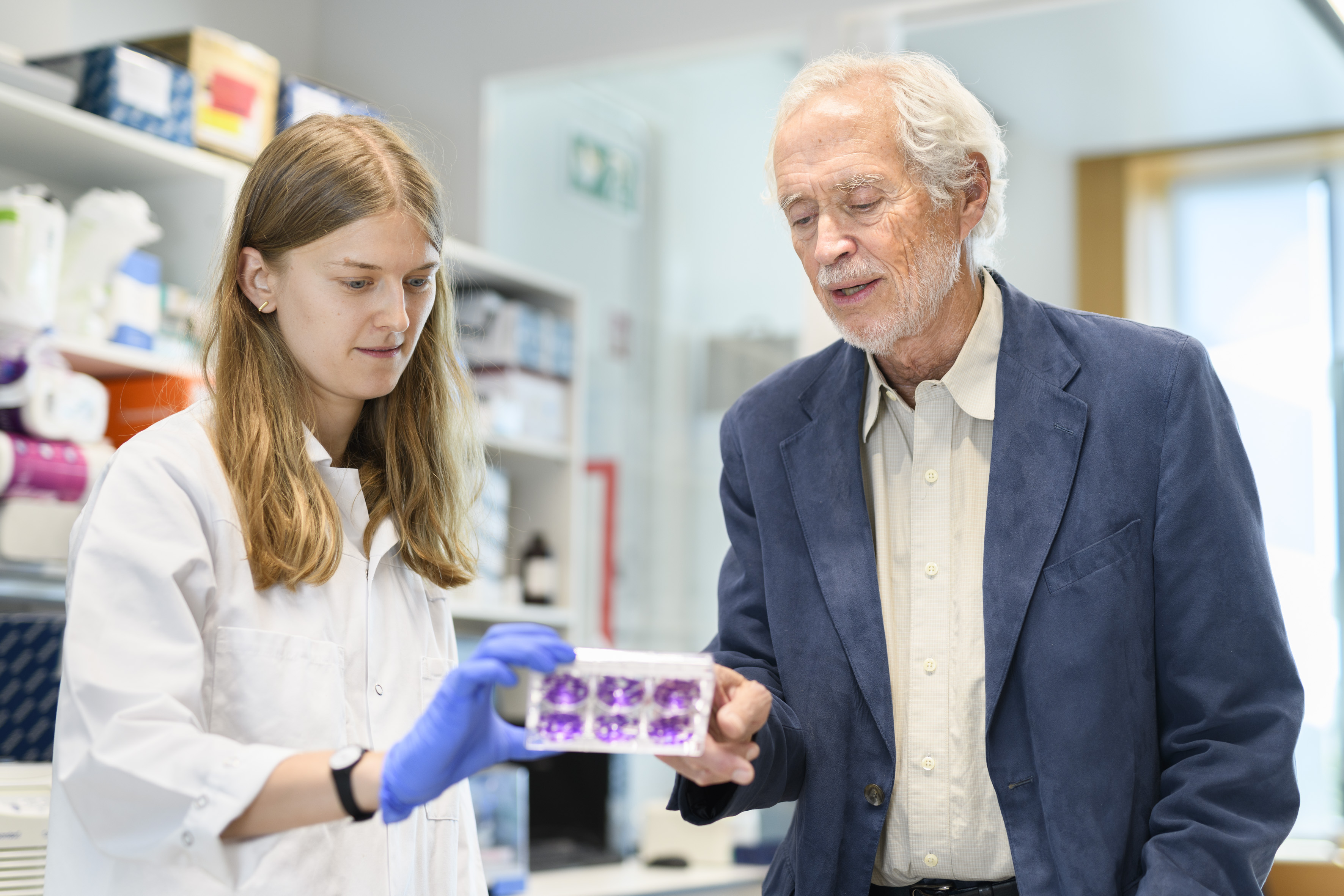Innovative combinations of targeted therapies and drug repurposing
Brain cancers pose significant challenges to surgeons and oncologists. One of the major challenges comes from the fact that most tumors, despite surgical resection and initial responses to pharmacological treatment will ultimately recur. Understanding how cancers develop and then evade the therapeutic interventions (known as adaptive resistance) is a key focus of research.

Developing new therapeutic strategies
Given this dilemma, how might we find solutions for treating such tumours? In the Lundin Family Brain Tumour Research Centre, we believe that translational cancer research offers a promising path forward.
This approach uses models to gain a better understanding of the underlying mechanisms that induce the transformation from normal to cancer cells. This helps to identify potential targets that could be used to develop a treatment.
Tumour cells need to activate certain mechanisms to grow successfully, such as forming new blood vessels to feed the tumour and blocking the immune system to evade destruction. We evaluated the effect of inhibitors of angiogenesis (blood vessel formation) and immune checkpoint inhibitors that reverse the immune inhibition induced by cancer cells.
The team of Prof. D. Hanahan found that targeting these pathways separately or in combination only produced a minor response. However, when these treatments were combined with a tricyclic antidepressant, there was a dramatic effect against the cancer cells. We identified that this resulted from a reprogramming of the brain immune system (macrophages) that is then activated to attack cancer cells. Based on these findings, we are now developing a clinical trial to validate these observations in patients with recurrent glioblastoma.



